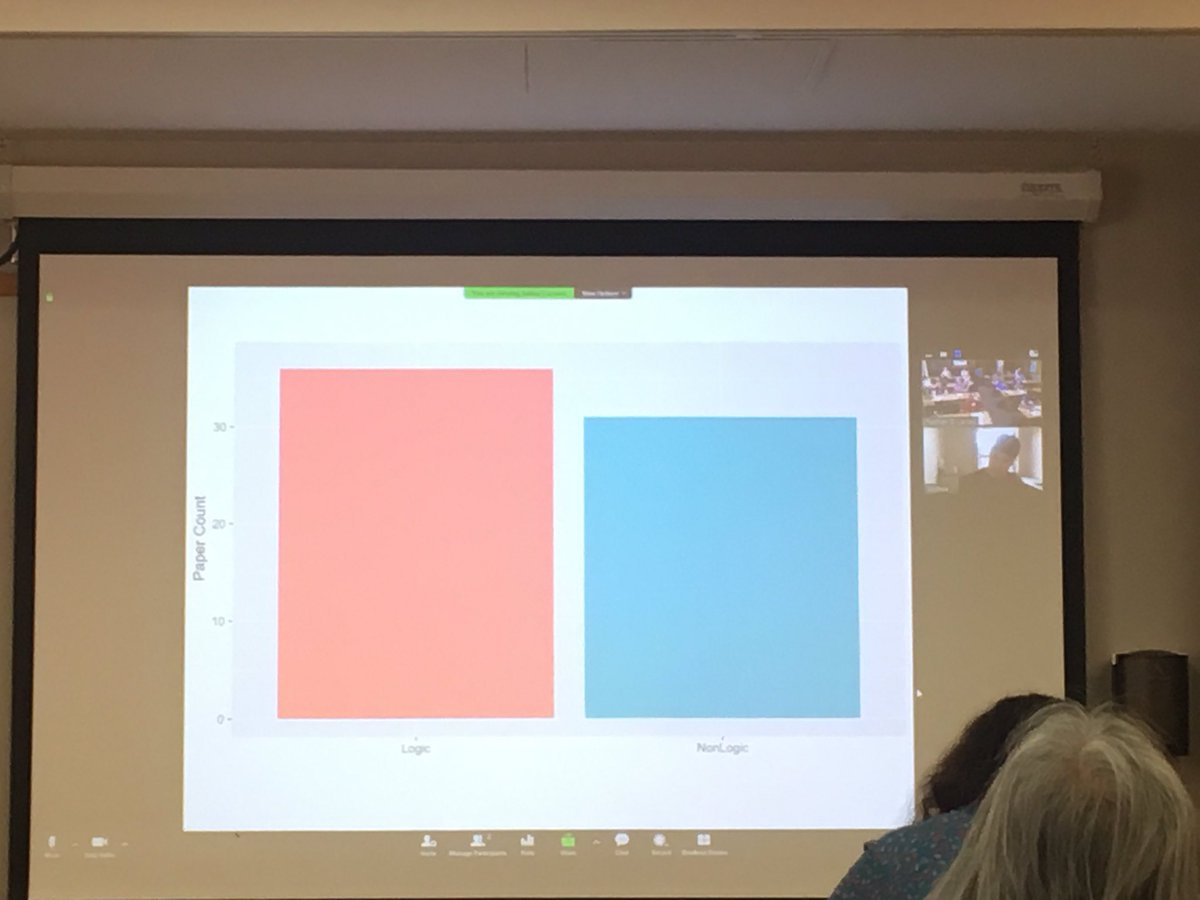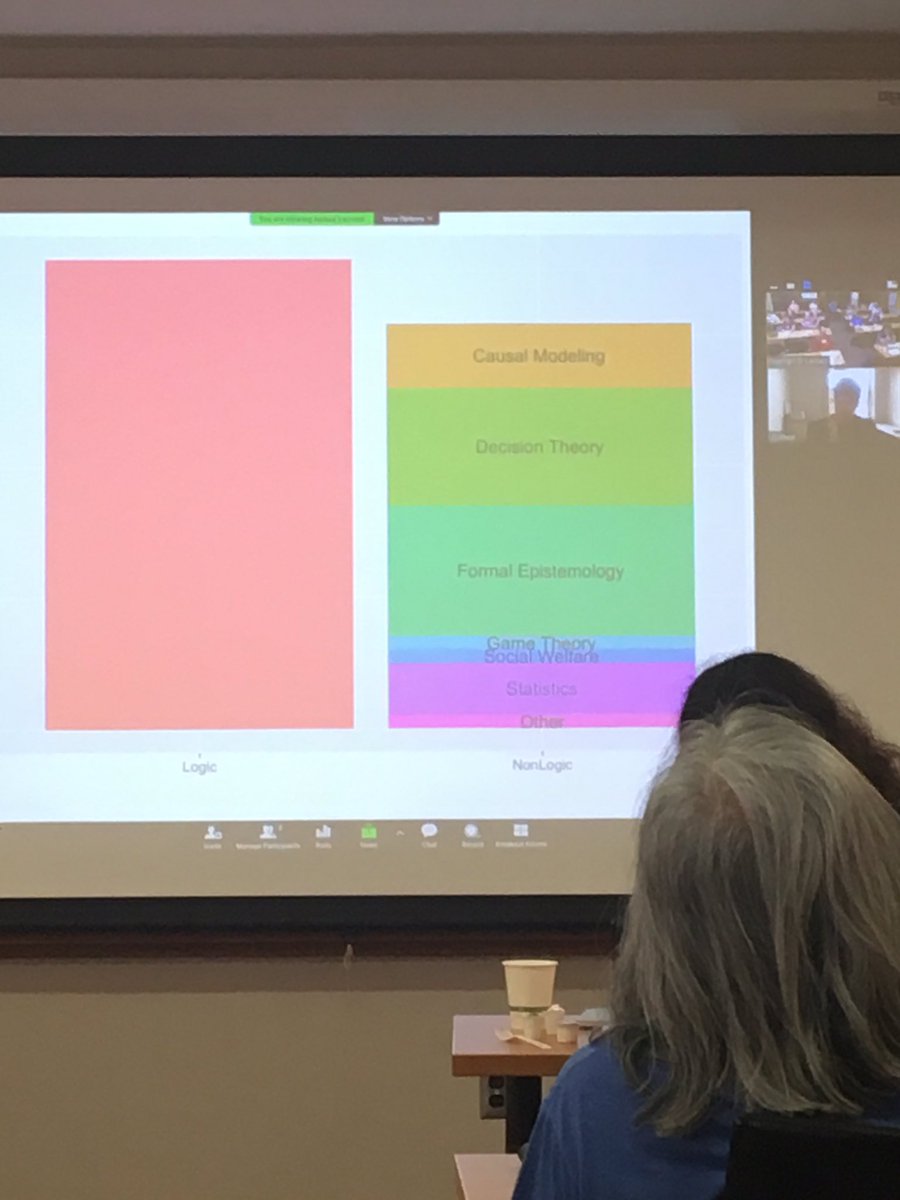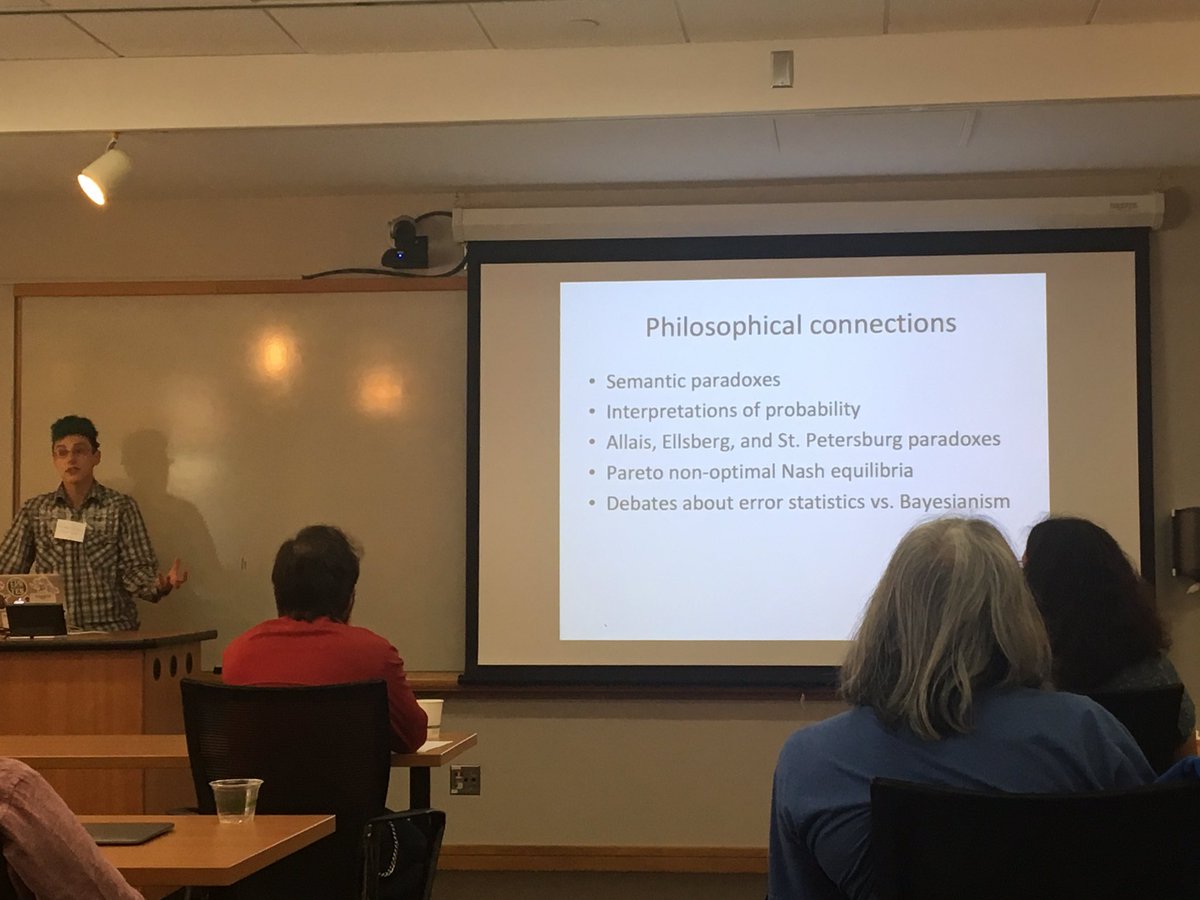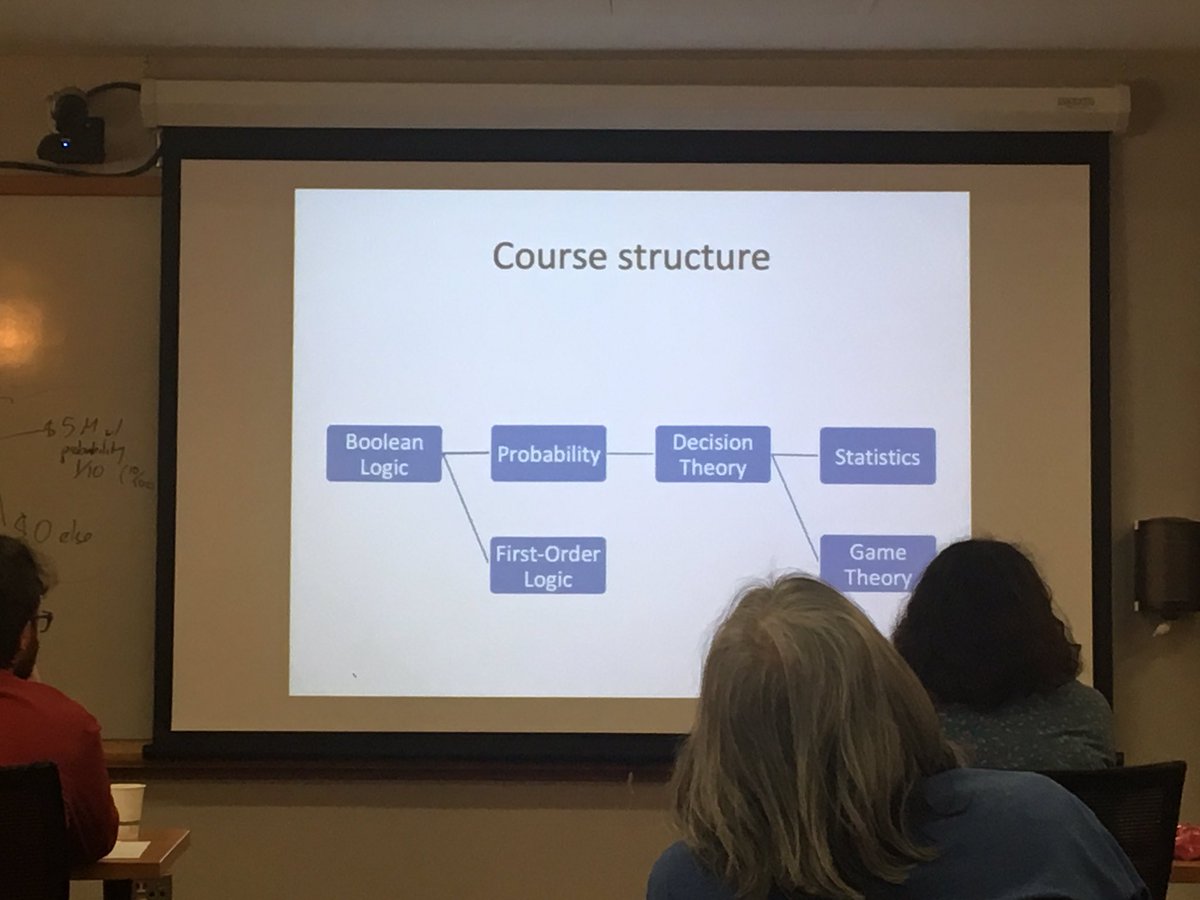also didn't require that you are making a novel contribution to mathematics. #RFMP2012




@DailyNousEditor has already got a bunch of people angry on Facebook. Stay mad, haters! dailynous.com/2019/09/19/for…)
cs.cmu.edu/~rwh/papers/un…




Get real-time email alerts when new unrolls are available from this author!
Twitter may remove this content at anytime, convert it as a PDF, save and print for later use!

1) Follow Thread Reader App on Twitter so you can easily mention us!
2) Go to a Twitter thread (series of Tweets by the same owner) and mention us with a keyword "unroll"
@threadreaderapp unroll
You can practice here first or read more on our help page!




